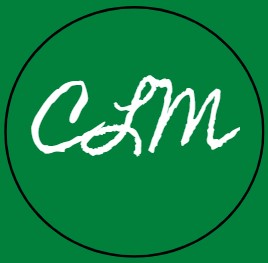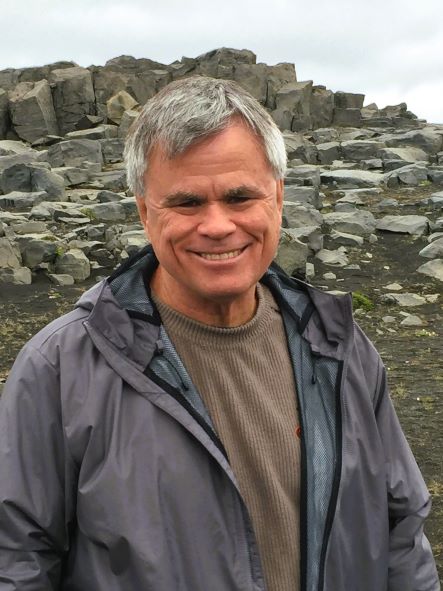
C.L. Manning has been stockpiling journals about his adventures and mishaps while feeding a travel addiction that brought him to over fifty countries, including five trips to Africa. He turns his stories into fictional autobiographies that challenge the reader to examine feelings on friendship, faith, race, the perils of technology and the humans that control it. Manning incorporates this and his experiences growing up in small town Massachusetts near Cape Cod into his novels. He still fishes for striped bass and blue fish and has climbed Kilimanjaro, Mt. Kenya, the Matterhorn, and peaks in the Andes.
“You should write a novel.” “Did you save the Reuters telexes and articles?” “what about the rulings from your lawsuit in the Supreme Court of South Africa?” After listening to persuasions from friends and colleagues, I’ve finally done it, using journals from my travels as a backbone to write semi-autobiographical novels that are, and I’m using Yogi Berra type math here, 75% true and 75% fiction.
Science and Technology
Travel
Family
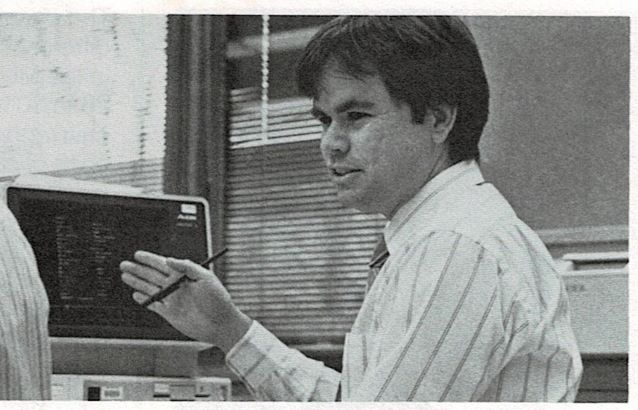
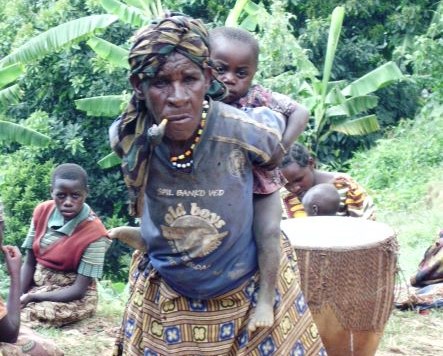
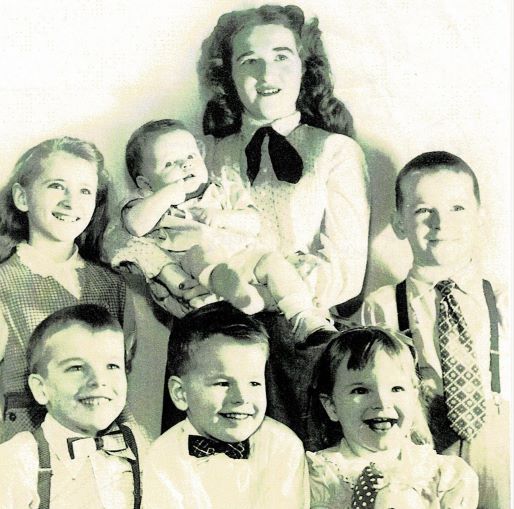
Science: C.L. Manning is a Medical Technologist board certified by the American Society for Clinical Pathology in chemistry, hematology, microbiology and immunohematology. His career includes managing clinical laboratories at M.I.T. and Harvard teaching hospitals and doing lipoprotein research at the University of Lund Hospital in Sweden. He and his friend started an exchange program for laboratory scientists which grew to exchanging nineteen pairs of laboratory scientists across multiple countries.
Manning also managed healthcare I.T. staffs at Beth Israel Deaconess Medical Center and Tufts Medical Center in Boston, implementing, supporting, and integrating over 130 clinical systems during the mandate to convert the country over to electronic medical records.
In his first book, “Rhodesian Doll Hunt,” he exams our readiness to handle genetic editing.
Travel: A high school ski trip to Austria and a year working at the Hospital of Helsingborg in Sweden sparked a lifelong addiction to connect with peoples all over the world. On his first trip to Africa, his friend told him to “Write down your first impressions of everything you see and feel. Do it immediately. You won’t have the same perception of them later.” He was right.
Manning’s journals include honest impressions of the people he met, inner soul searching of his place in this world, and details of crazy experiences that include a ferry explosion, helicopter attack, storms at 17,000 feet on Mt. Kenya, South African apartheid, six weeks stranded in a remote corner of Botswana, a law suit in the Supreme Court of South Africa, white watering the Nile in Uganda, sleeping with the Bedouins in the Sinai, and singing with Rhodesian soldiers amidst the brutal bush war.
Family: Manning’s first cousin Tommy was founder of the United Freedom Front and was perched on the FBI’s top ten list for years. The FBI would visit C.L.’s house and tell them, “Oh, Tom didn’t do anything wrong. We just want to talk.” They were tall and had nice suits.
“I shouldn’t have gone to Walpole for what I did, but it makes up for a lot of stuff I got away with,” were some of the last words Tommy said to C.L. before he went underground for nine years, fighting against inequities in the United States, apartheid in South Africa, and U.S. imperialism in Latin America.
To be clear, C.L. doesn’t sympathize with Tommy’s methods which included bombings, robberies, and death. He never imagined that the boy he played with in the woods as a kid would one day develop such convictions. Lively family discussions have forced the Mannings to examine conflicted feelings that come with having a blood relative do some bad things for causes that are founded in a heart that sought decency.
Tommy served as an inspiration for a major character in Manning’s first novel.
